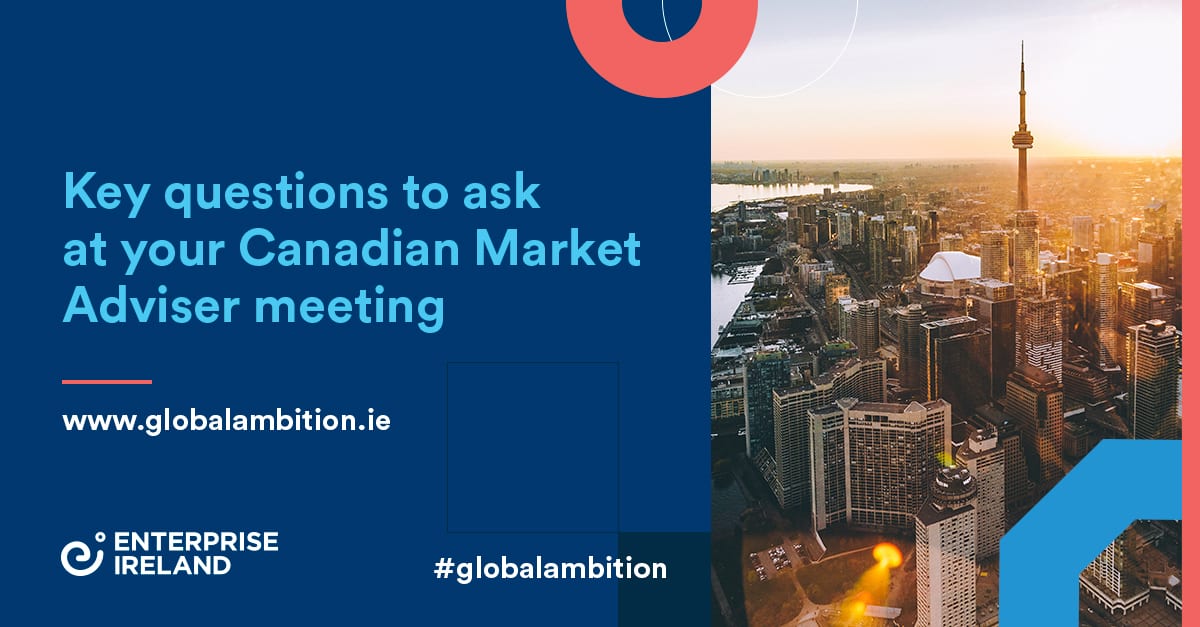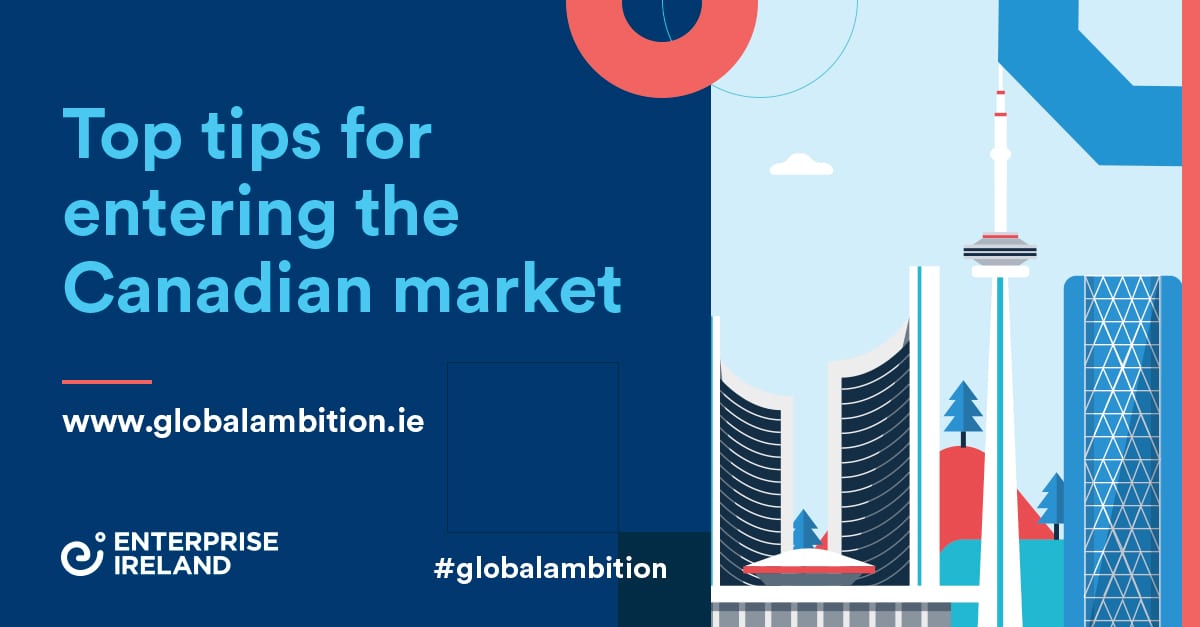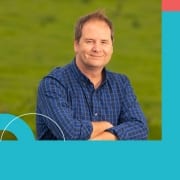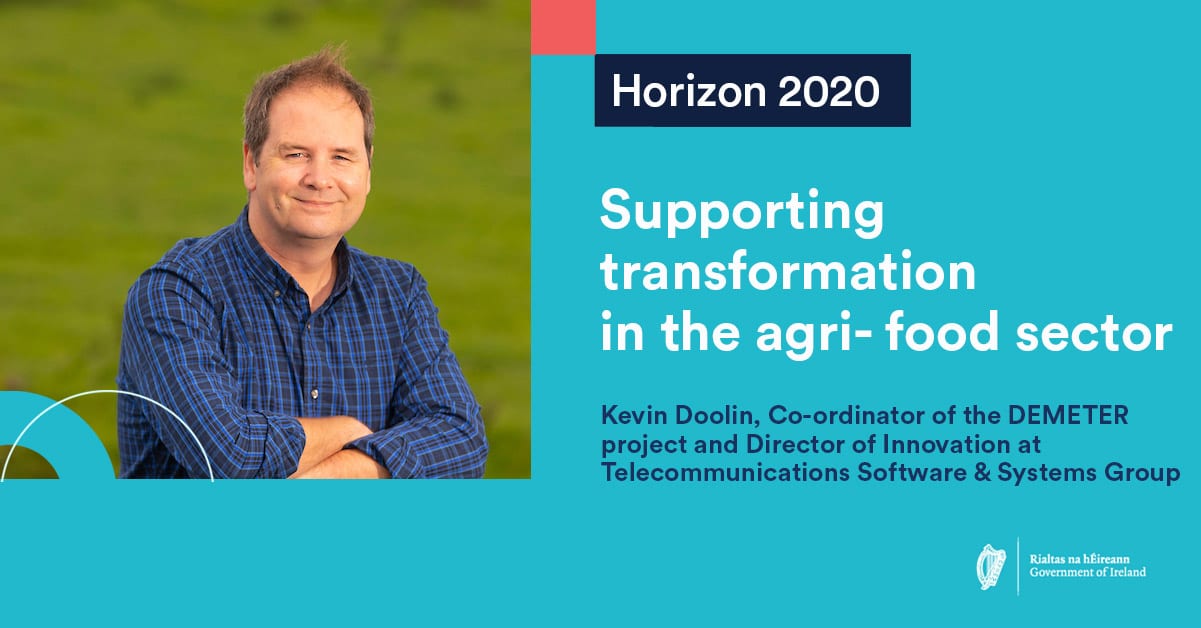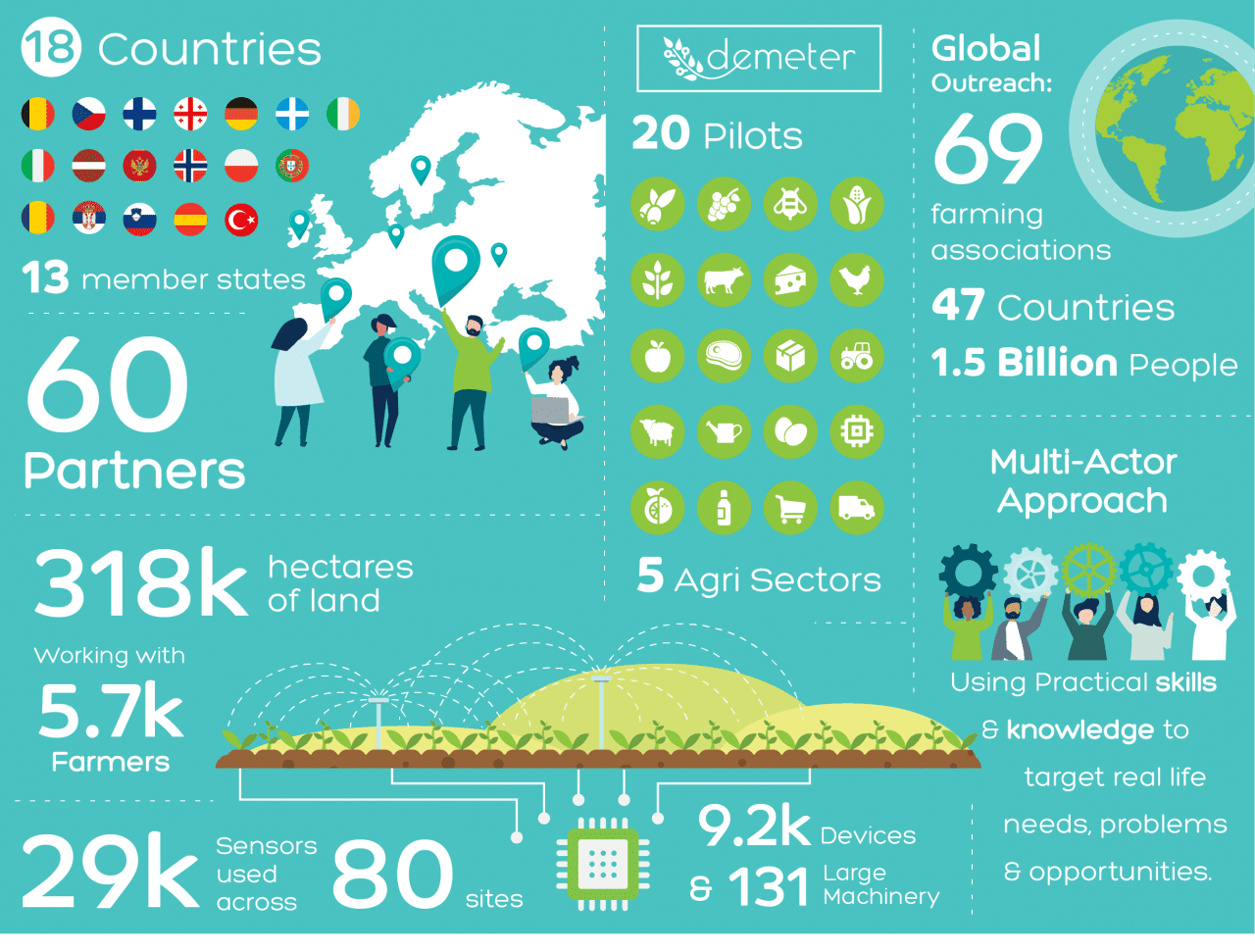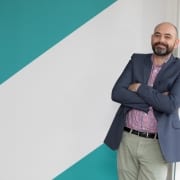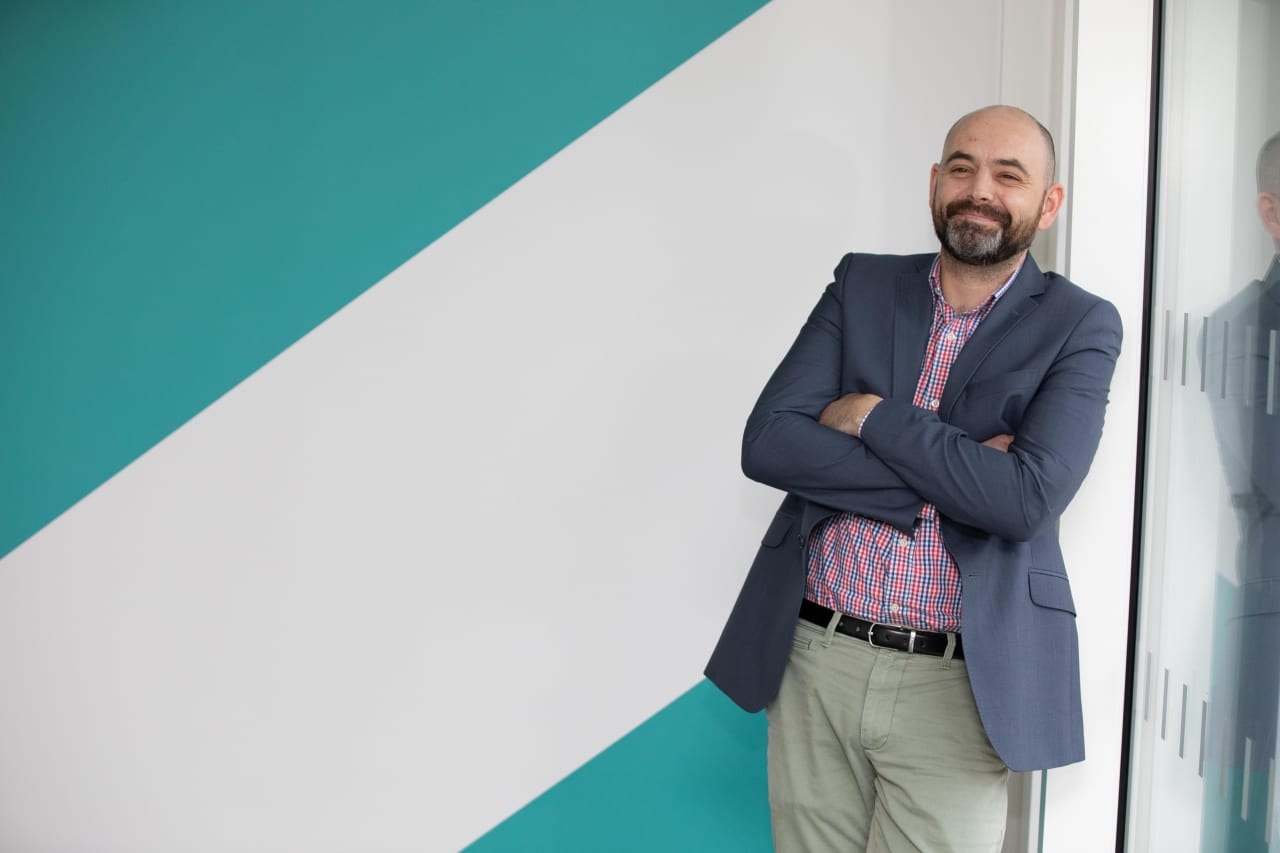How the Sustaining Enterprise Fund enabled Wisetek to innovate for future success
 “Enterprise Ireland offers advice to businesses, as well as hard data. They help build roadmaps that allow you to plan ahead. They are a very valuable partner to have.”
“Enterprise Ireland offers advice to businesses, as well as hard data. They help build roadmaps that allow you to plan ahead. They are a very valuable partner to have.”
Tom Delahunty, Global Operations Director, Wisetek
Key Takeouts
- Wisetek, a global leader in IT asset disposition, reuse, and manufacturing services was deemed an essential business during the global pandemic of 2020. In some ways, this was positive, but it also made it hard to cut costs in a time of financial insecurity. Like many businesses, they were facing new challenges.
- As long-term Enterprise Ireland partners, Wisetek reached out to express interest in the Sustaining Enterprise Fund. They worked together with Enterprise Ireland to organise documentation and successfully applied for funding.
- Wisetek was able to use this additional capital to maintain important R&D programmes, enabling them to innovate for future success. Rather than falling behind or simply treading water, Wisetek is adapting and evolving.
Key Takeouts
- Wisetek, a global leader in IT asset disposition, reuse, and manufacturing services was deemed an essential business during the global pandemic of 2020. In some ways, this was positive, but it also made it hard to cut costs in a time of financial insecurity. Like many businesses, they were facing new challenges.
- As long-term Enterprise Ireland partners, Wisetek reached out to express interest in the Sustaining Enterprise Fund. They worked together with Enterprise Ireland to organise documentation and successfully applied for funding.
- Wisetek was able to use this additional capital to maintain important R&D programmes, enabling them to innovate for future success. Rather than falling behind or simply treading water, Wisetek is adapting and evolving.
Case Study: Wisetek
Tom Delahunty is the Global Operations Director for Wisetek, a global leader in IT asset disposition, reuse, and manufacturing services. They offer a circular economy approach to IT by managing the supply, distribution, destruction, and recycling of data and equipment. With customers and facilities dotted around the globe, Delahunty says news of business disruptions due to Covid-19 started to reach their team in February.
“Every day, you would make a plan for what was next,” says Delahunty. “And then the next day, everything would change.”
He says the team scrambled in those early weeks of the pandemic to figure out where they stood and plan for an uncertain future. Wisetek was deemed an essential business. Delahunty says this was both a blessing and a curse. To keep things running, the business maintained some physical presence in all of their facilities, which meant it was hard to keep costs down. Much of their focus shifted from business operations to keeping customers and staff safe. Following health guidelines of local governments also meant a large portion of their staff began to work from home.
“As an IT company, our culture suited the shift,” Delahunty says. “The transfer was seamless from a technological perspective, but we had to overcome the same communication challenges as every other business.”
Looking for Solutions
Once Wisetek reconfigured operations to suit lockdowns and Covid safety guidelines, management began to work on a financial review. At the beginning of the crisis, the company’s new business pipeline was essentially put on hold. They did not lose many existing customers, but projects were delayed. Still, some customers remained active and Delahunty says the team felt fortunate to have even a reduced level of business coming in. Despite Wisetek’s “glass half full” perspective, it became clear that revenue was down and, in order to future-proof their operation, they would need to start looking for alternative sources of capital.
“Initially,” says Delahunty, “asking for help wasn’t our first port of call. Before anything else, we had to stabilize our business and make tough decisions about reducing costs.”
Around this time, Enterprise Ireland announced the Sustaining Enterprise Fund, which Delahunty says drew attention immediately. Wisetek has a longstanding relationship with Enterprise Ireland, starting with their days as a High-Potential Start-Up. The two entities have maintained open lines of communication and Wisetek did not hesitate to reach out to their DA for information and advice during a difficult time. They began to work closely with Enterprise Ireland to make the SEF application. They had their cash projections ready to go, so Delahunty says it was merely a case of collating existing information into the correct format.
“Delahunty says, “I’ll admit, there’s a bit of work in the process, but we couldn’t have spent our time more productively. SEF has awarded us significant and important funding.”
A Positive Relationship Pays Off
Being granted the SEF gave Wisetek the working capital to not only maintain operations, but also to invest in the company’s future. Delahunty says that without this assistance from Enterprise Ireland, the business might have faced further reductions, including the halt of internal development programmes. Thanks to this funding, they were able to keep their Research & Development arm up and running.
“Enterprise Ireland gave us confidence in our existing balances to support the business and, as a result, we have continued to develop and grow,” says Delahunty.”
The funding from Enterprise Ireland enabled Wisetek to launch new programmes that would otherwise have been considered discretionary. Now, these initiatives are paying dividends. Delahunty says that, over the years, the relationship between Wisetek and Enterprise Ireland has afforded their company not just capital, but also education, confidence, and networking capabilities.
“Enterprise Ireland offers advice to businesses, as well as hard data,” says Delahunty. “They help build roadmaps that allow you to plan ahead. They are a very valuable partner to have.”
Focusing on the Future
Delahunty says he believes the events of 2020 will ultimately afford Wisetek with new business. His team has learned a lot about the importance of adaptability. He says the most important take-aways have been to keep strategies agile, reach out for help when you need it, and do your best to find opportunity amidst crisis. In business, he says, it’s important to innovate and provide solutions, even in a challenging climate.
“What happened in 2020 is unfortunate, but Ireland has weathered worse storms. We will make the best of it and keep evolving. If you’re not growing, you’re going backwards.”
Click here to learn more about applying for the SEF. Contact your Development Advisor or our Business Response Unit to find out more.




 “
“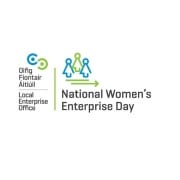
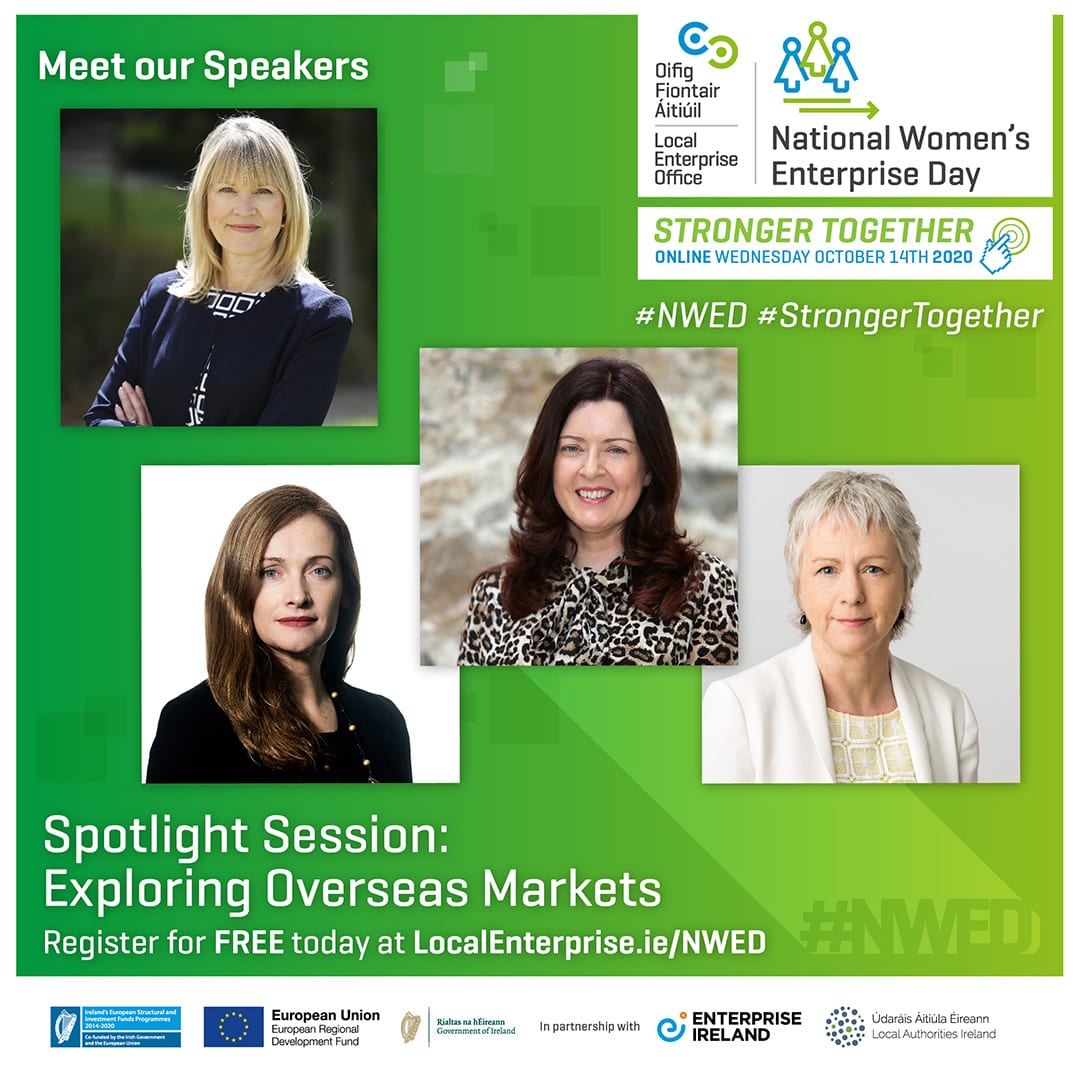
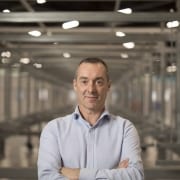
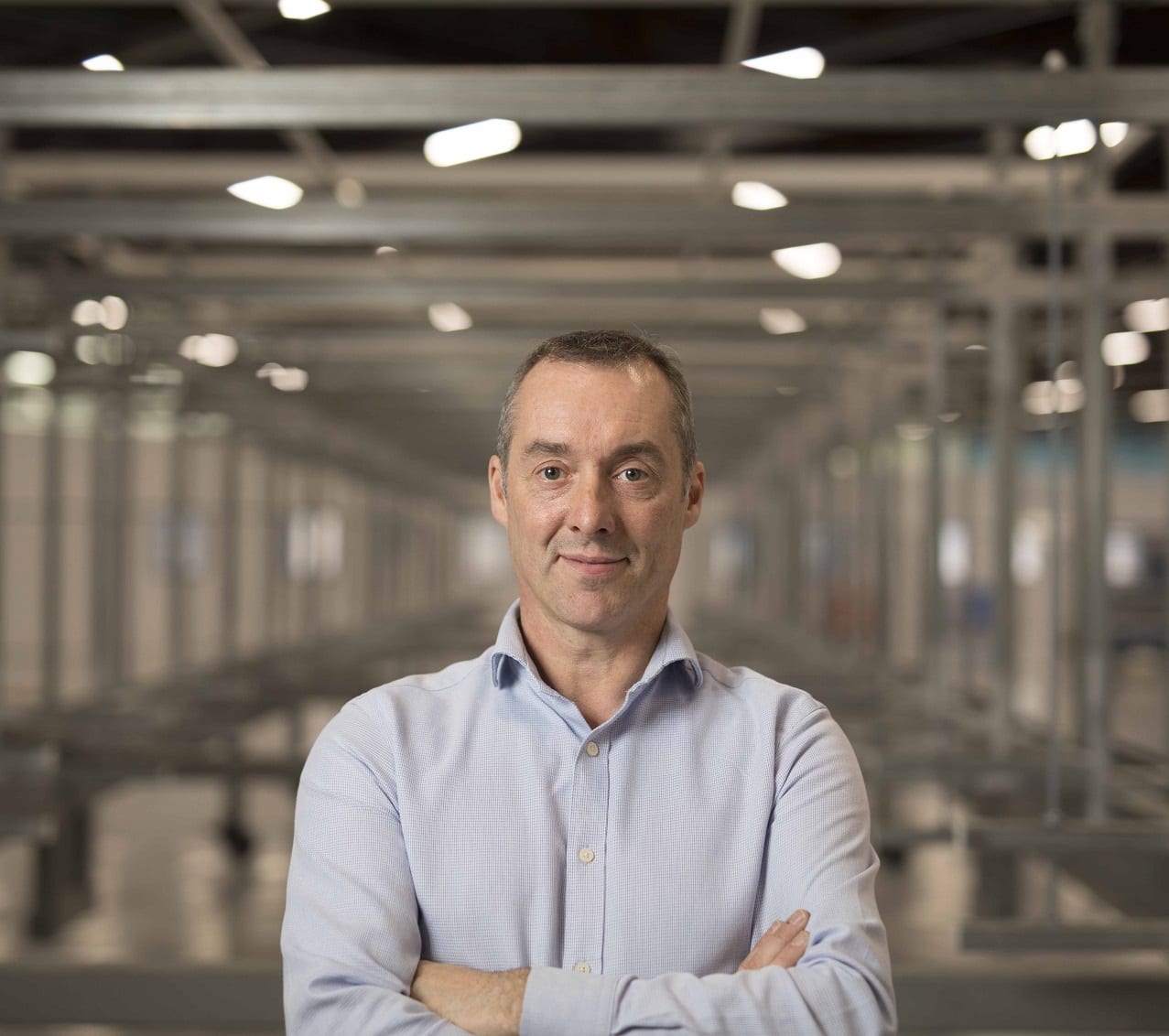
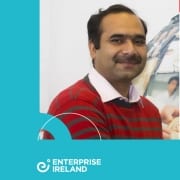
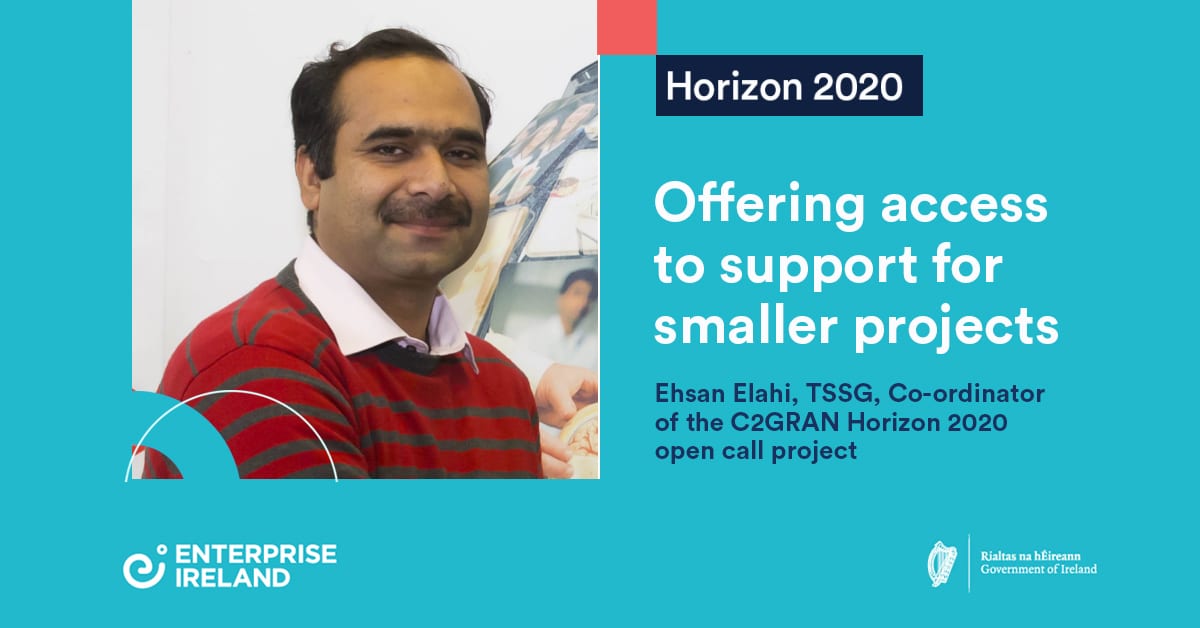

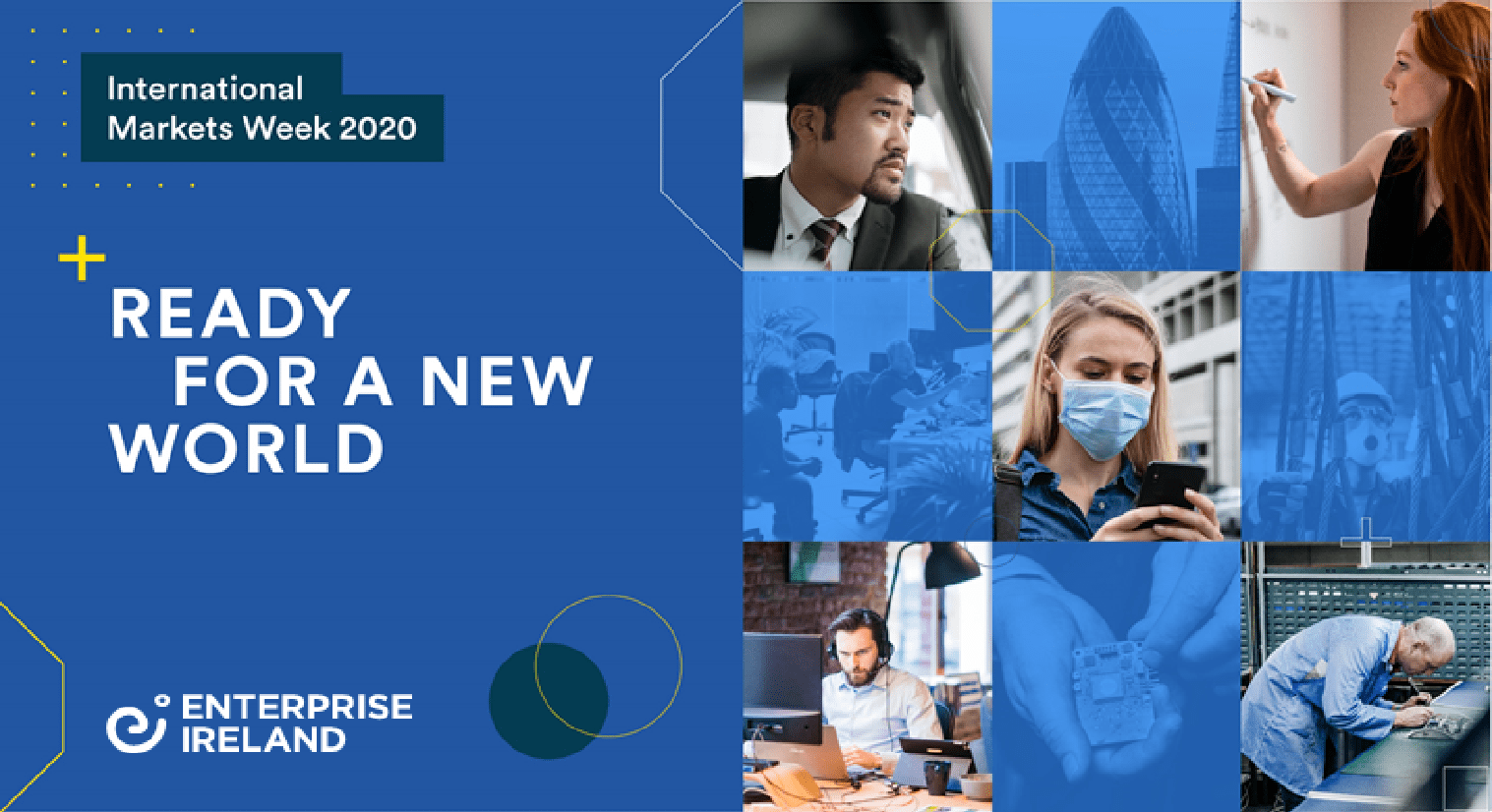
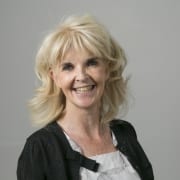
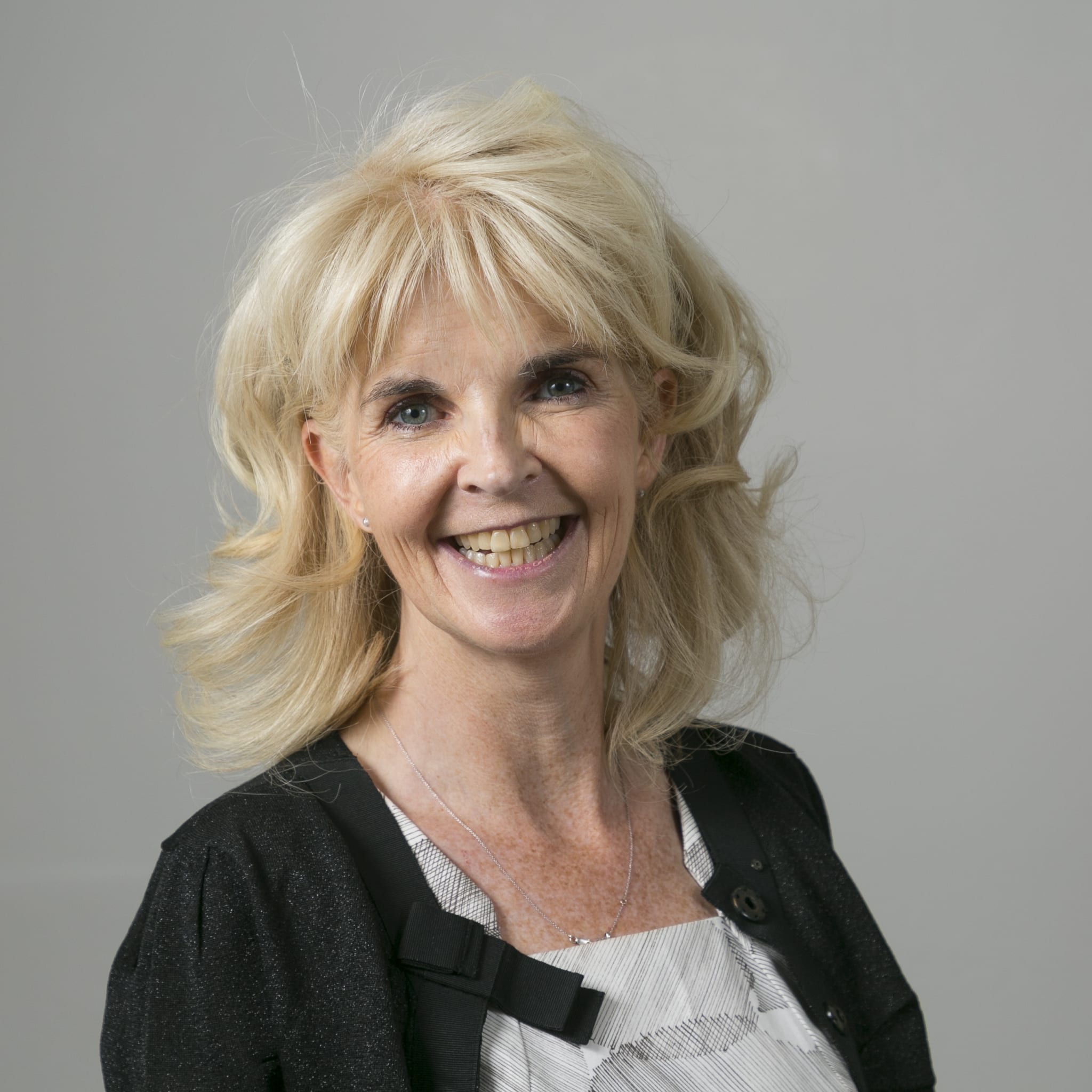

 “
“
